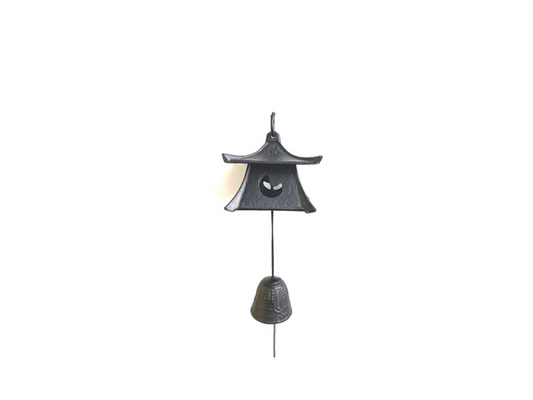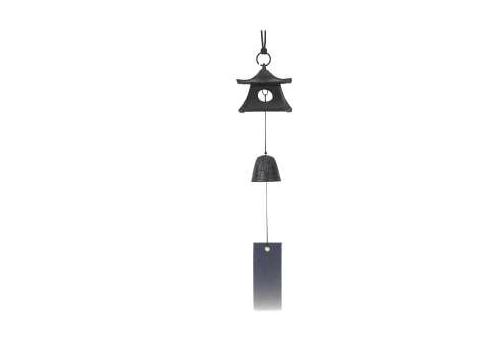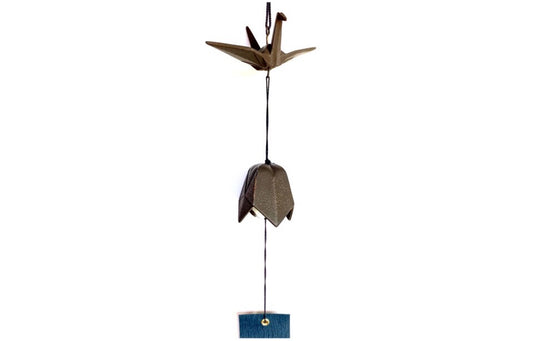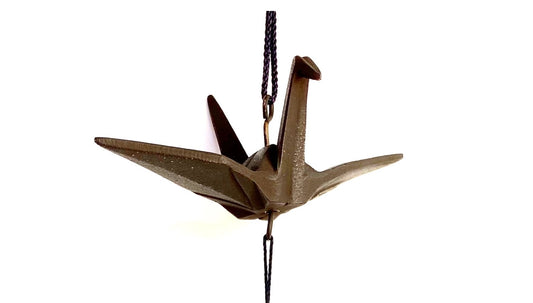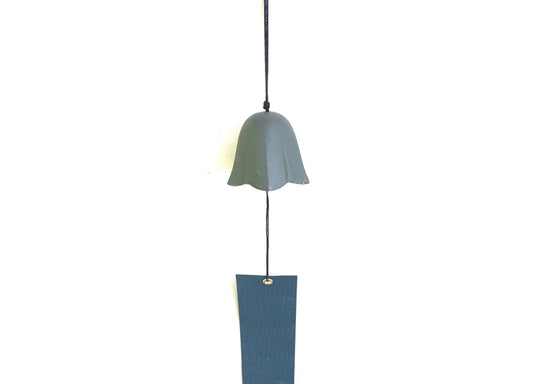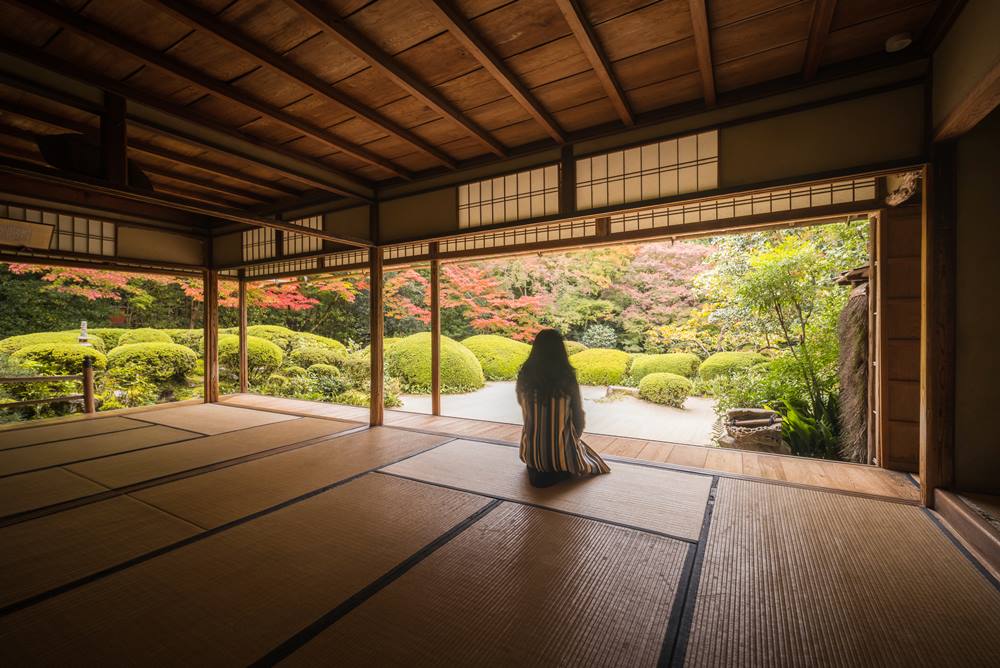
Courtyard
Zen aesthetics have profoundly influenced the design of Japanese courtyards.
Zen aesthetics have profoundly influenced the design of Japanese courtyards. They emphasize tranquility, simplicity, and harmony.
Japanese courtyards differ significantly from those in other parts of the world. While most gardens are designed to be "seen" and admired for their colorful beauty and intricate designs, Japanese courtyards are meant to be "contemplated." It is as if they close your ears and cover your eyes, requiring one to perceive their construction from within.
Take, for example, the iconic karesansui (dry landscape) garden, which is often found in temple courtyards. Karesansui gardens are created using stones, gravel, and a small amount of moss and shrubs to represent the sea's waves. The color palette is a monochromatic gray and white, with plants such as pines and shrubs, silent and emotionless. The stones, reminiscent of sea cliffs, all evoke a sense of rigorous, meditative practice. Monks frequently meditate in front of these dry landscapes, embodying a philosophy of solitude and austerity. This aligns with the Zen notion that one must discard worldly appearances to attain true understanding—finding profound beauty in scarcity and antiquity.
Garden
-
Japanese Wind Chimes - Tōrō (Lantern) Furin in Black
Regular price $135.00 USDRegular priceUnit price / per$135.00 USDSale price $135.00 USD -
Japanese Wind Chimes - Origami Crane Furin in Gold and Dark Brown
Regular price $128.00 USDRegular priceUnit price / per$128.00 USDSale price $128.00 USD -
Japanese Wind Chimes - Hana (Flower) Furin in Bronze
Regular price $79.00 USDRegular priceUnit price / per$79.00 USDSale price $79.00 USD

